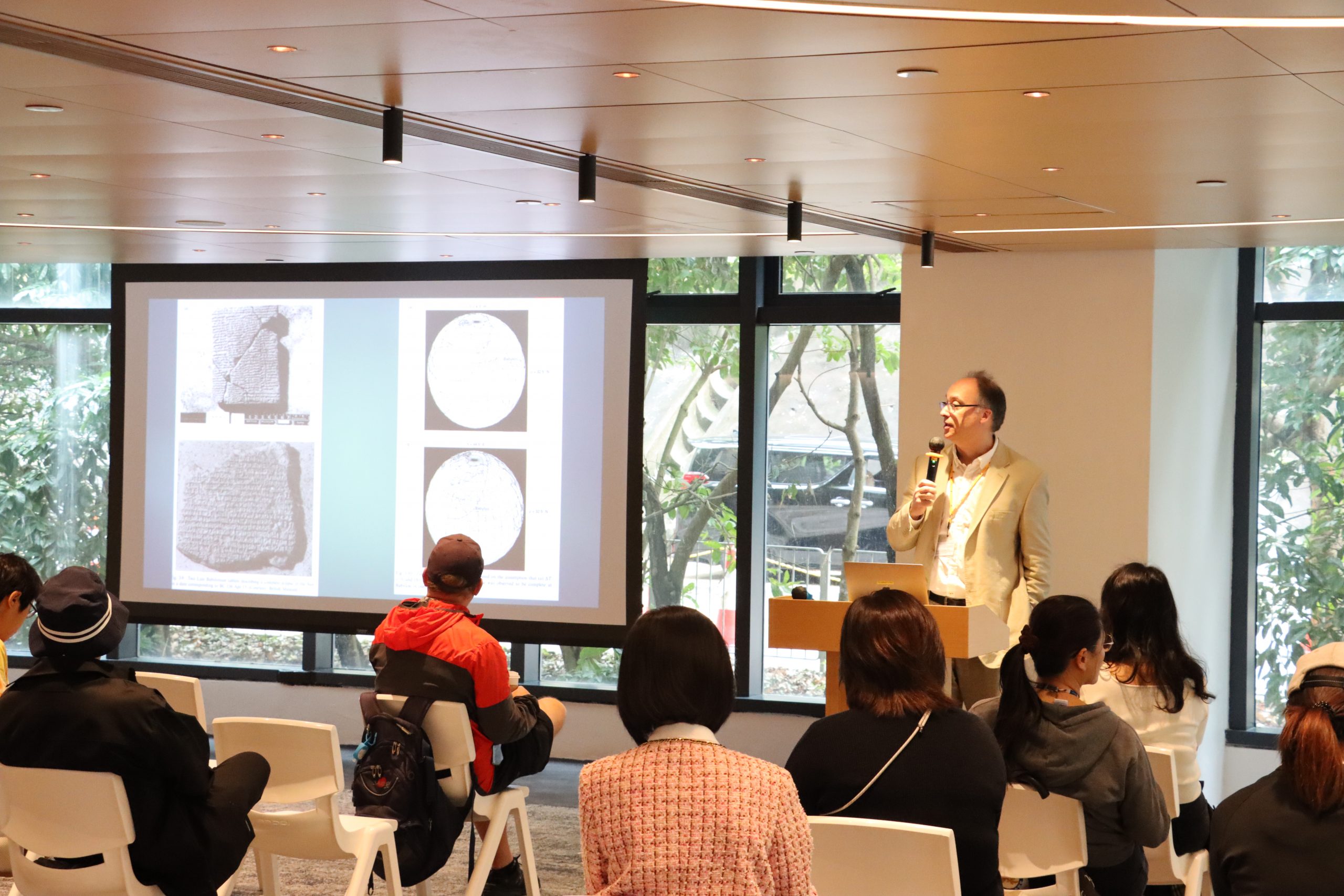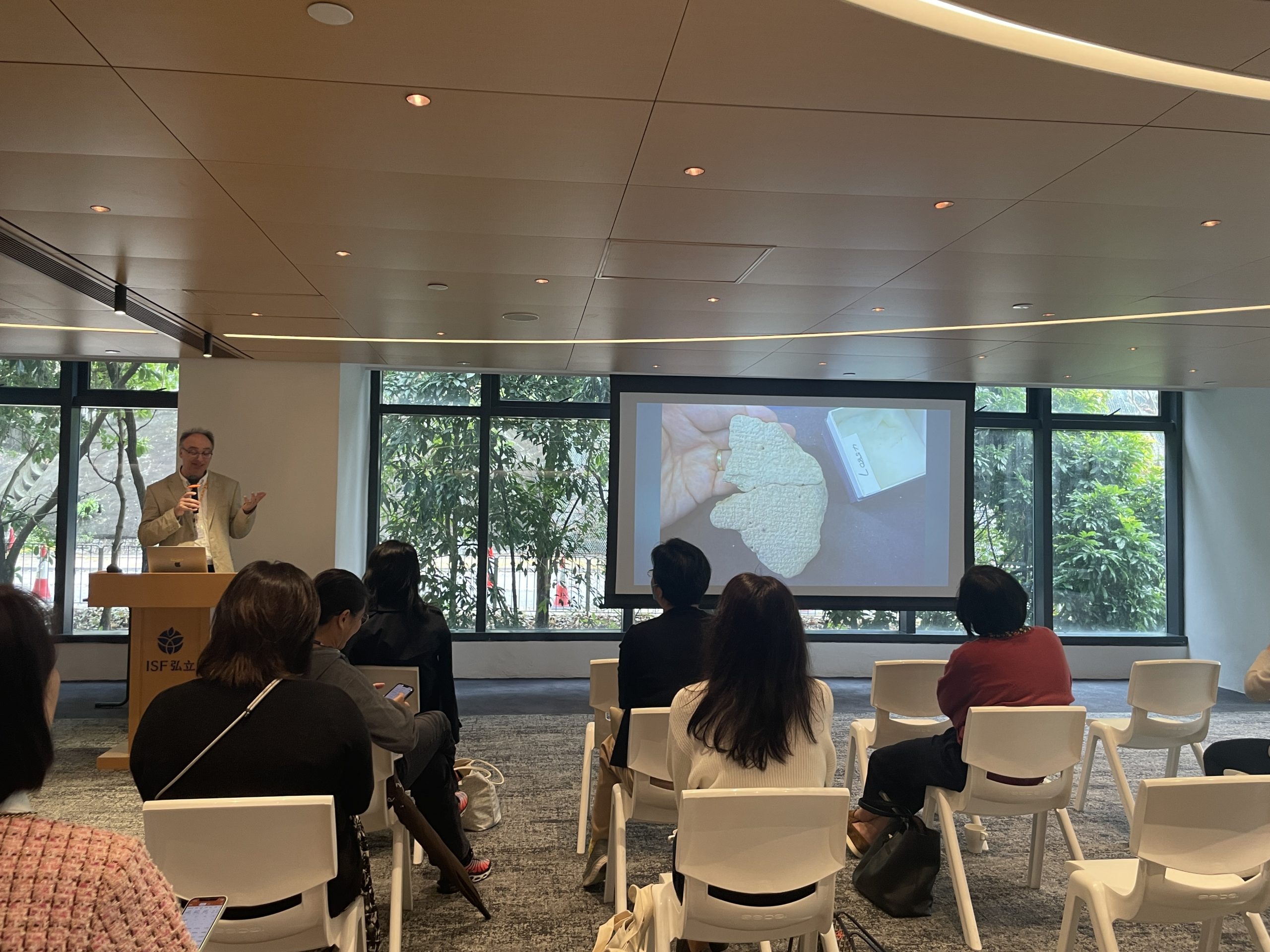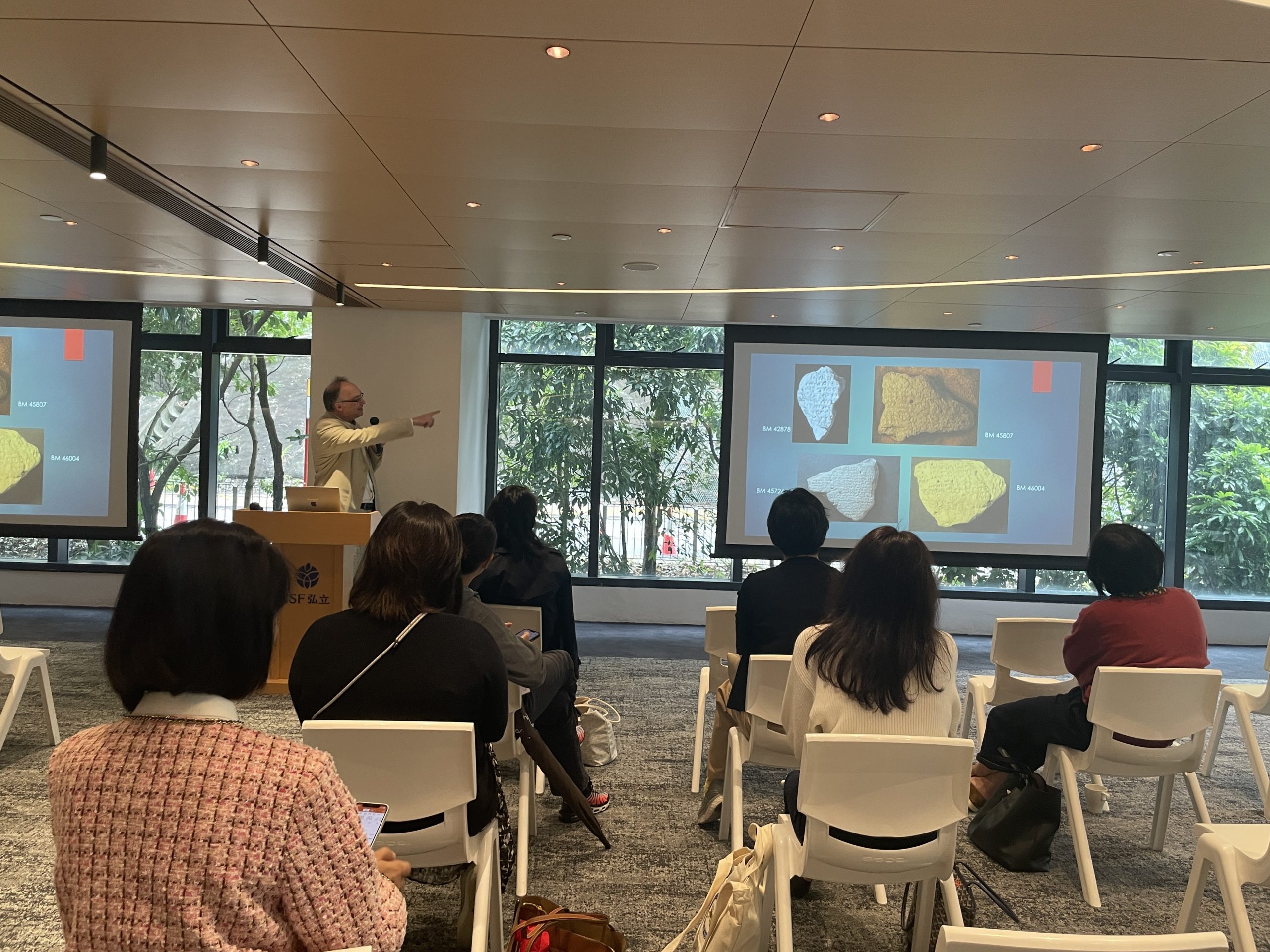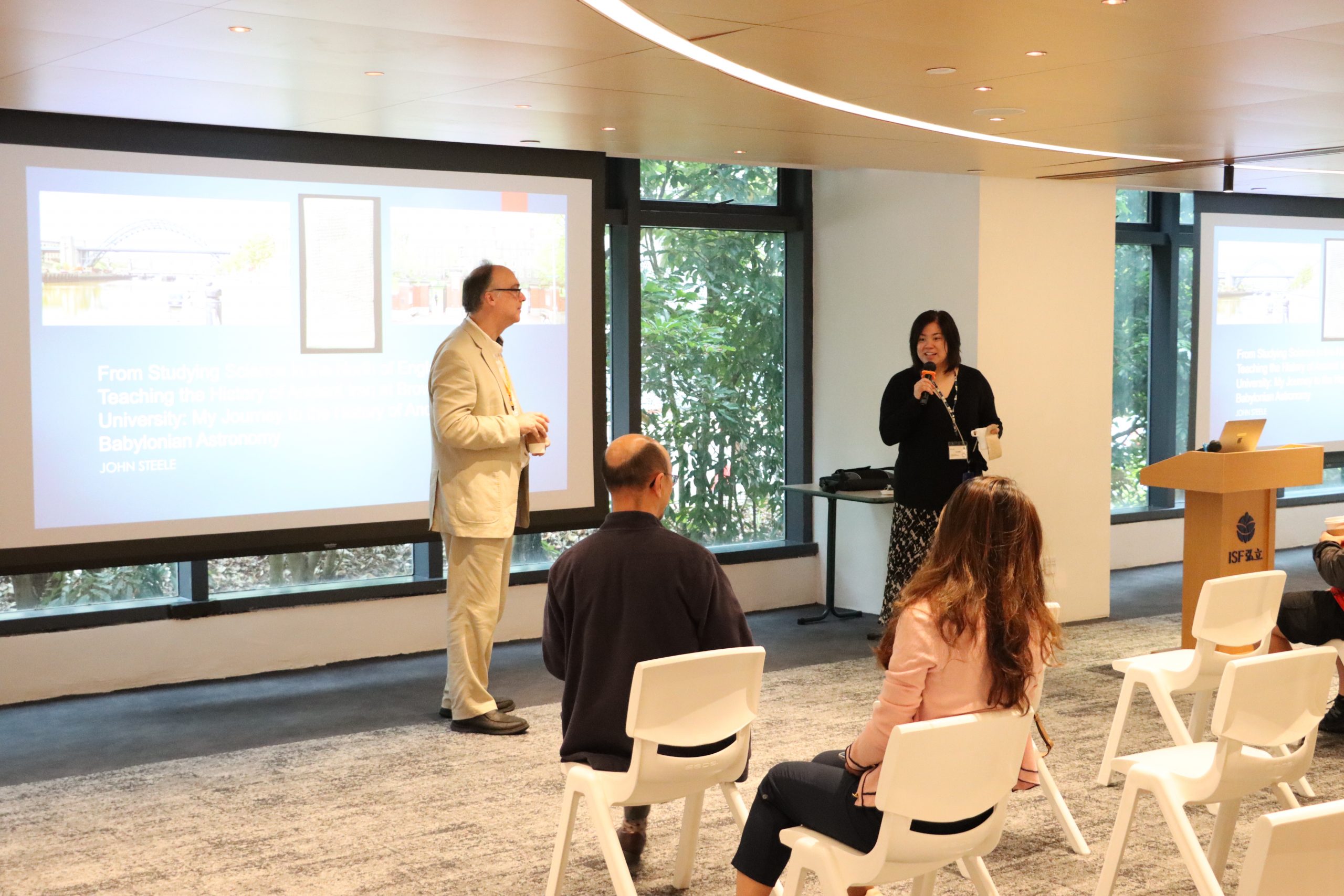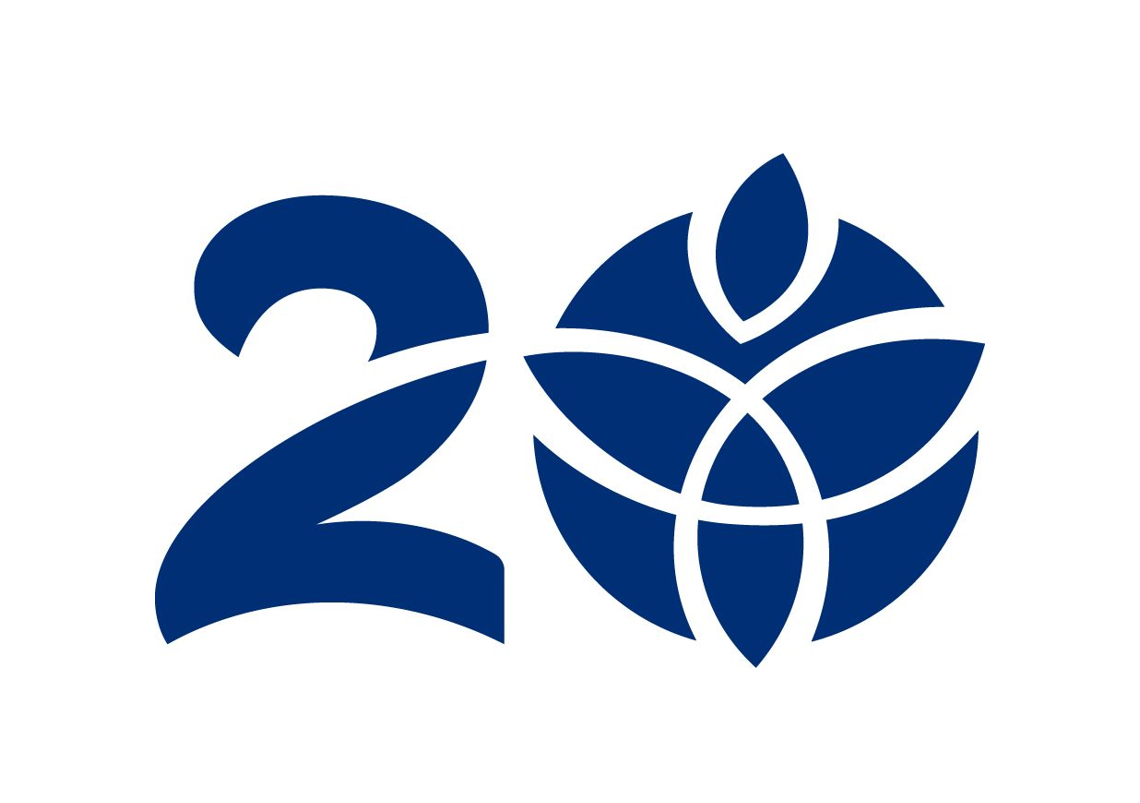My Journey to the History of Ancient Babylonian Astronomy
On March 27, Prof. John Steele gave a fascinating talk to ISF parents as part of a series of events in March focused on the research of history of science by Joseph Needham, organized by the Chinese Research Center (CRC) and the ISF PTA. Steele is a professor of Egyptology and Assyriology at Brown University, and he shared with us his personal journey from studying Science in the north of England to teaching the history of ancient Babylonian astronomy in New England. He talked about his find of Babylonian tablets describing the eclipse of the sun over 1,000 years ago in the cuneiform writing system. This was a system used for many ancient near east languages (e.g. Sumerian, Akkadian, etc.), often written on clay, stone, or papyrus, and it had evolved from pictograms to symbolic logograms. He related that more than 5000 cuneiform tablets provide evidence for the practice of astronomy and astrology in Babylonia and Assyria in the second and first millennium BC.
The most exciting part of the lecture was when Prof. Steele revealed how two cuneiform tablets that he found separately, were actually two pieces of the same puzzle describing the apparent motion of Saturn! These results were published in the Journal for the History of Astronomy. Discussions with the audience included conjectures about communication between the Babylonian astronomers and Chinese astronomers, and the value of studying astronomy for students. All in all, the talk provided numerous insights and questions to ponder.
About the Speaker :
As Professor of the History of the Exact Sciences in Antiquity, Egyptology and Assyriology at Brown University, Prof. Steele researches and teaches the history of astronomy in the ancient world (in particular the history of Babylonian astronomy) and the history and languages of ancient Babylonia. He is the author of several books including A Brief Introduction to Astronomy in the Middle East (Saqi Books, 2008), and The Babylonian Astronomical Compendium MUL.APIN (Routledge, 2019; co-authored with Hermann Hunger). Please click here for more information on his research.
